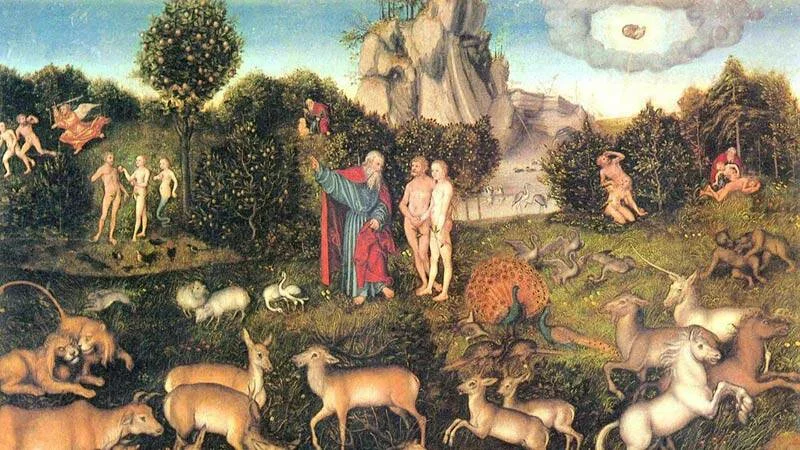And God saw everything that he had made, and behold, it was very good (Genesis 1:31). God is a being who is active even in being. In a gracious demonstration of his will, he brought forth creation, a reality steeped in profound meaning and significance.
My purpose is to draw out some implications from God’s work in creation related to God as establishing himself as determiner of the “good.” This recognition of God’s unique status affects our understanding of creation in general, but also our understanding of the appropriate role of his image bearers, human beings.
Creation, the “good” and the imago dei
Throughout the first chapter of Genesis, God brings about certain developments over the course of the six days of creation and in seven instances, the things that take place are said to be “good.” No strong ethical, or moral significance is applied to these actions, but there is an acceptance, an approval of, what has been accomplished. These are assessments made by the One, whom Scripture later identifies as “good” (cf. Psalm 118:1, 29). There is a standard for acceptance, approval, in creation beginning to unfold as set by the good Creator and by no one, or nothing else.
“Dominion is still exercised under the auspices of God, thus ascribing to this dominion the meaning of stewardship.”
The fact that God begins to establish the good here in Genesis 1 again has enormous significance for human beings as made in “the image of God” (Genesis 1:27). Bill T. Arnold, Encountering the Book of Genesis (BakerAcademic, 2003), offers some helpful insights on Genesis 1:26-28. God’s image-bearers are to continue God’s creative activity. Not in the exact same way as the Lord, but developing and building upon what God has done. They are entrusted with dominion while being equipped to have a special relationship with God. Dominion, of course, is still exercised under the auspices of God, thus ascribing to this dominion the meaning of stewardship. It is possible to derive and intensify some other observations from such considerations.
God declares all that He has done as “good” in Genesis 1:31. This would include the assigning of certain functions to those He created as His image-bearers (1:28). It is “good” for them to fulfill responsibilities while God also makes certain provisions for them to do so (Genesis 1:29). Image-bearers, however, do not work to accomplish these responsibilities in an autonomous value system. God remains the one evaluates and determines what is “good.” Thus, it is good to be made in the image of God and to be entrusted with creation as a stewardship accompanied with the honor of an ability to engage in creative development of God’s creation. God, however, determines what are the approved characteristics of being and action on the part of those granted the Imago Dei.
I will develop more thought on the “good” and its implications for imaging God in the next reflection.








Comments
Be the first one to make a comment!